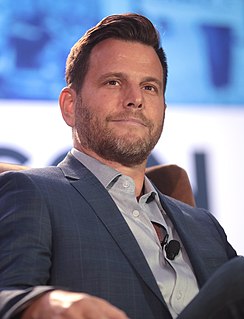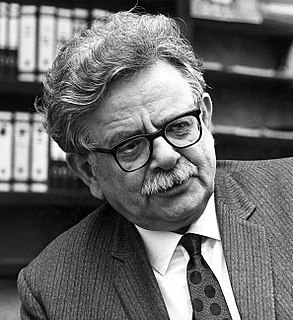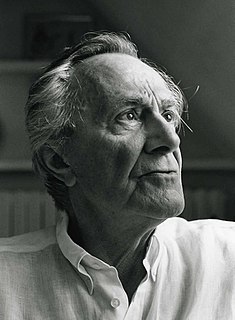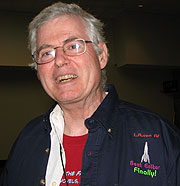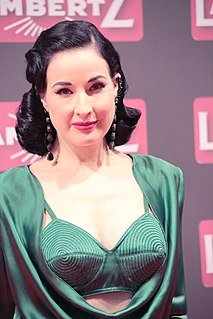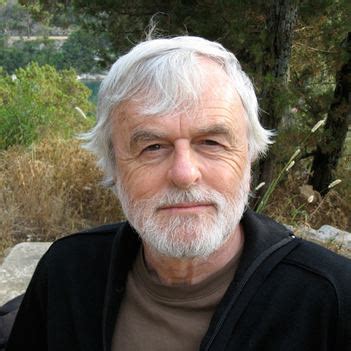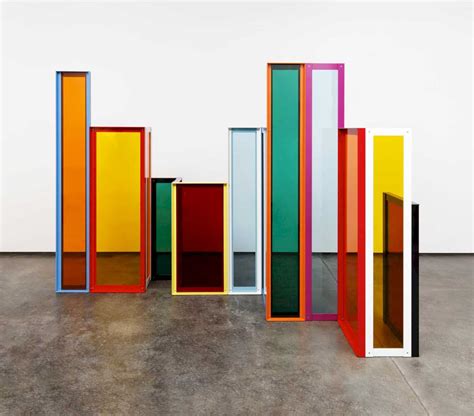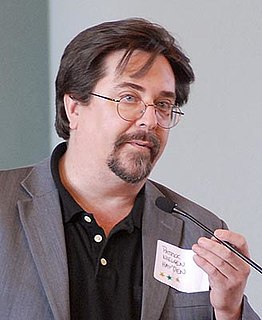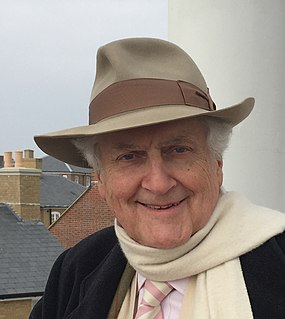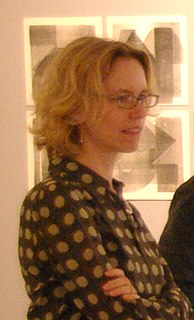Top 130 Modernism Quotes & Sayings - Page 2
Explore popular Modernism quotes.
Last updated on April 16, 2025.
The 'International Style of Modernism' came with the advent of building services. In the end, the architecture became like a container space, essentially like a boring box with a basement full of machinery to make it inhabitable. As a result, buildings literally started to look identical all over the planet.
The collaboration which sometimes follows is seldom based on good will: usually on desire, rage, fear, pity or longing. The modern illusion concerning painting (which post-modernism has done nothing to correct) is that the artist is the creator. Rather he is a reciever. What seems like creaton is the act of giving form to what he has recieved.
Publishing has gone very middlebrow. It's turned its back on legacy of modernism and gone into a humanist mode. When people go through art school they are exposed to the history of the avant-garde, and there's a general understanding that what you're doing as an artist is to a large extent, not just regurgitating that history, but engaging with it. There's this denial of that in the mainstream publishing world.
There are also two Christianities in the world today. There is (1) the Christianity of the New Testament, and there is (2) the Christianity of accommodation to modernism, egalitarianism, niceness, naturalism, pop psychology, secular humanism, relativism, subjectivism, individualism, "Enlightenment" rationalism or postmodern irrationalism. New converts to the first Christianity are constantly amazed and scandalized by finding many of their clergy to be in love with the second and in fear of the first.
To say that such-and-such a circumstance is 'Kafkaesque' is to admit to the denigration of an imagination that has burned a hole in what we take to be modernism - even in what we take to be the ordinary fabric and intent of language. Nothing is like 'The Hunger Artist.' Nothing is like 'The Metamorphosis.'
Instant enlightenment. A quintessential modernism, culture and religion accommodated to the age of fast food and bumper stickers. But psyche and spirit are not so exempt from the natural domain that they can simply produce self-change instantaneously, on demand. Wisdom precipitates through a notoriously slow apparatus of retorts and flasks, and it has to find receptive ground only in a properly seasoned mind.
I was...attacked for being a pasticheur, chided for composing "simple" music, blamed for deserting "modernism," accused of renouncing my "true Russian heritage." People who had never heard of, or cared about, the originals cried "sacrilege": "The classics are ours. Leave the classics alone." To them all my answer was and is the same: You "respect," but I love.
Most of my formal choices are a combination of everything I learned about form - semiotics, linguistics, and the history of style experimentations tethered to literary movements (formalism, deconstruction, modernism, and postmodernism), and the basic principal of breaking every rule I ever learned from a patriarchal writing tradition that never included my body or experience, and thus has nothing to offer me in terms of representation.
Modernism had two great wishes. It wanted its audience to be led toward a recognition of the social reality of the sign (away from the comforts of narrative and illusionism, was the claim); but equally it dreamed of turning the sign back to a bedrock of World/Nature/Sensation/Subjectivity which the to and fro of capitalism had all but destroyed.
So many people's school experience contains at least one instance of being looked down upon because they didn't care for one or more of the sacred mutant outcroppings of High Modernism, and they concluded from this that Literature is all about impenetrable stuff that they don't like. That damn Hemingway with his crazy free verse.
Those wretches tainted with the error of Indifferentism and Modernism hold that dogmatic truth is not absolute, but relative: that is, that it must adapt itself to the varying necessities of the times and the varying dispositions of souls, since it is not contained in an unchangeable revelation, but is, by its very nature, meant to accommodate itself to the life of man.
I teach art at a famous art school, and yet I don't have really the least notion what post-modernism means, but we have people in the letters and science department that understand it quite well and the students go there if they want to understand what this term that is being bandied about is all about, but I've never understood it.

